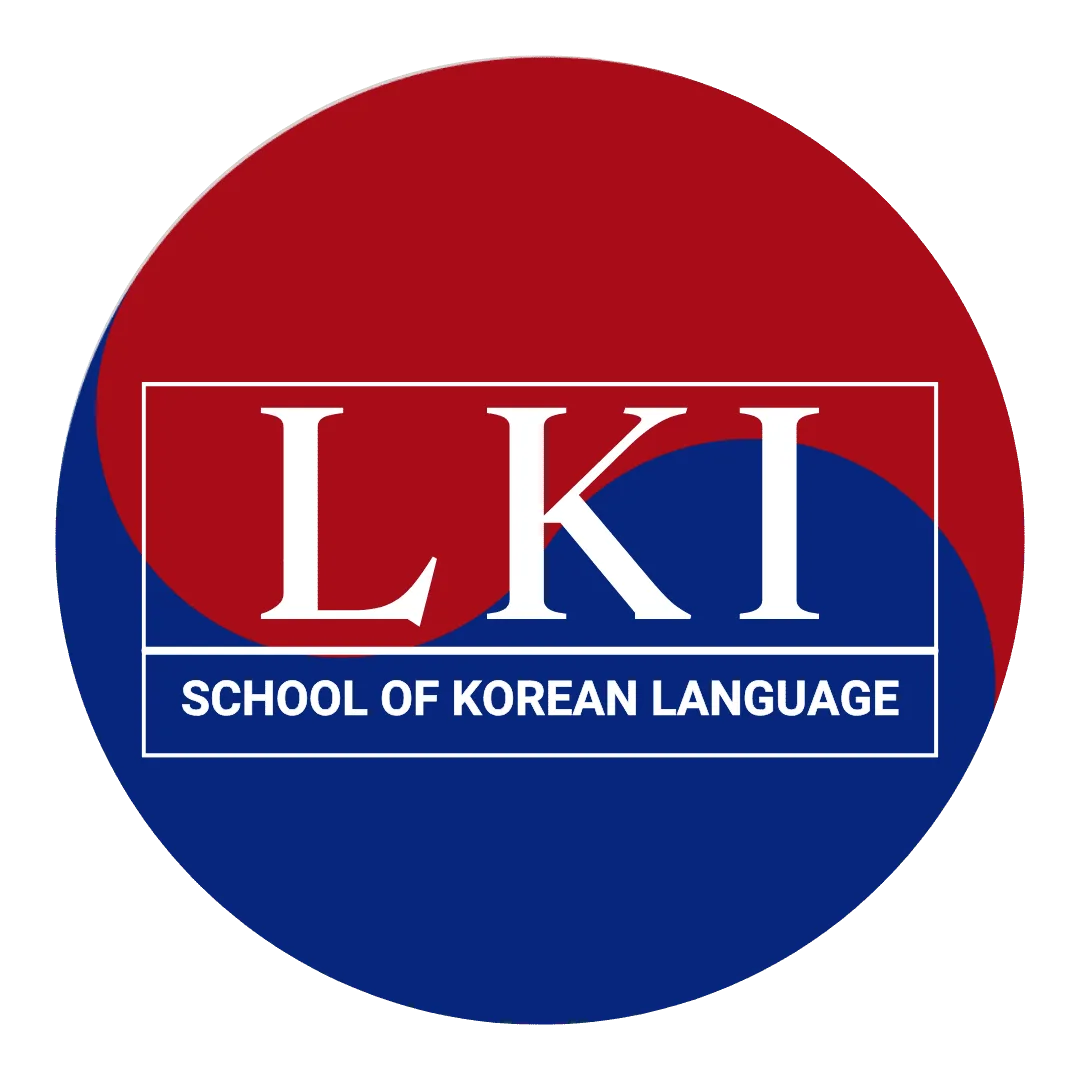Let's learn the difference between (으)니까, 아서/어서 & 때문에 [Korean Grammar] and make some example sentences.
Difference between (으)니까, 아서/어서 & 때문에 [Korean Grammar]
어/아서 -
USE:
This Korean grammar pattern translates to "Because, so" in English. It is used to give a reason or cause for something.
CONJUGATION:
- 아서 - used when the verb stem or adjective ends with 오 or 아 then 아서 has to be used.
- 어서 - used when the verb stem or adjective ends with anything other than 오 or 아 then 어서 has to be used.
- When combined with the verbs or adjectives ending with 하다, it makes 해서.
EXAMPLE:
- 너무 매워서 한국 음식을 못 먹어요.
I can't eat Korean food because it's too spicy. - 너무 더워서 집 밖에 안 나가요.
I don't go outside because it's so hot.
(으)니까 -
USE:
This Korean grammar pattern also translates to " because" in English. It is usually used to give suggestion or command based on the first sentence while explaining the reason for such suggestion or command.
Note: You cannot use -아/어서 and -기 때문에 for this use.
CONJUGATION:
- (으)니까 - used when the verb stem or adjective which ends with consonant.
- 니까 - used when the verb stem or adjective ends with a vowel.
EXAMPLE:
- 날씨가 좋으니까 나가자.
The weather is good so let's go outside. - 비가 오니까 가지 마.
Don't go as its raining.
-(기) 때문에-
USE:
This Korean grammar pattern also translates to " because " in English. But it cannot be used in imperative or propositive sentences.
CONJUGATION:
- V+(기) 때문에 - used irrespective of whether the verb stem or adjective ends with a vowel to consonant.
- N+때문에 - used only after noun irrespective of whether it ends with a vowel to consonant.
EXAMPLE:
- 비 때문에 안 갔어요.
I didn't go because of the rain. - 비 오기 때문에 오늘 날씨가 너무 좋네요.
The weather is so nice today because it rained.

